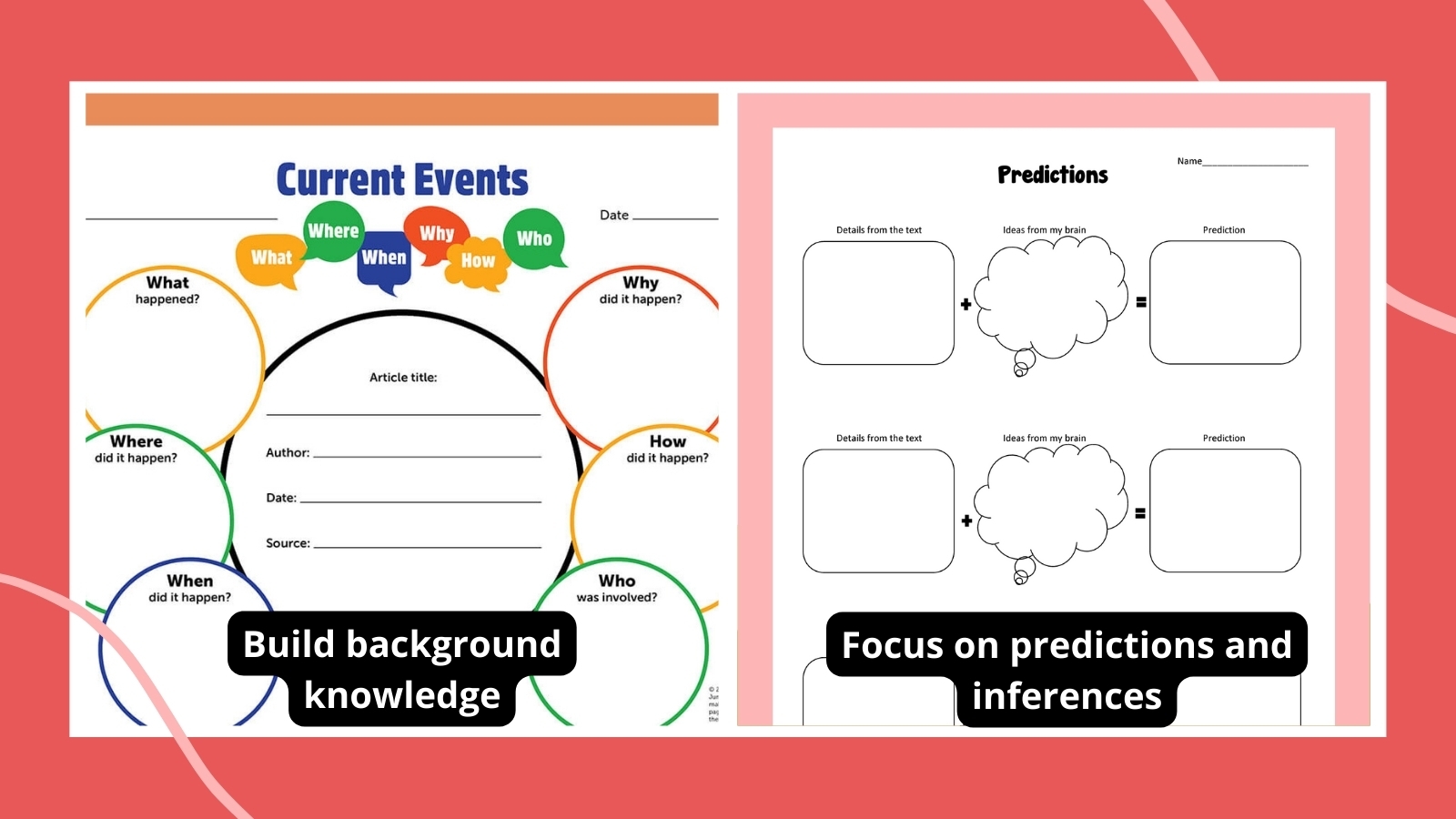Comprehension skills are essential for students to understand and interpret information effectively. It is crucial for educators to implement instructional strategies that can help students develop these skills. By using various techniques and approaches, teachers can support students in becoming proficient readers and critical thinkers.
Enhancing comprehension skills requires a combination of explicit instruction, practice, and feedback. Educators can use a range of strategies to engage students in meaningful learning experiences that promote comprehension. These strategies can be tailored to individual students’ needs and learning styles to ensure maximum effectiveness.
Instructional Strategies for Comprehension Skills
1. Activating Prior Knowledge: Encouraging students to connect new information with their existing knowledge can help them make sense of what they are reading. By activating prior knowledge, students can create a framework for understanding the text and make meaningful connections.
2. Questioning Techniques: Asking thought-provoking questions can stimulate students’ thinking and deepen their understanding of the text. Teachers can use a variety of question types, such as literal, inferential, and evaluative questions, to guide students through the comprehension process.
3. Visualizing: Encouraging students to create mental images of the text can enhance their comprehension skills. Visualizing helps students engage with the material on a deeper level and make connections between the text and their own experiences.
4. Summarizing: Teaching students how to summarize the main ideas and key details of a text can improve their comprehension skills. Summarizing requires students to identify the most important information and organize it in a clear and concise manner.
5. Collaborative Discussions: Engaging students in discussions with their peers can enhance their comprehension skills by providing opportunities for reflection, analysis, and synthesis. Collaborative discussions allow students to share their thoughts, ask questions, and explore different perspectives.
In conclusion, instructional strategies play a crucial role in developing students’ comprehension skills. By incorporating techniques such as activating prior knowledge, questioning, visualizing, summarizing, and collaborative discussions, educators can support students in becoming proficient readers and critical thinkers. These strategies can empower students to comprehend and interpret information effectively, ultimately leading to academic success.
